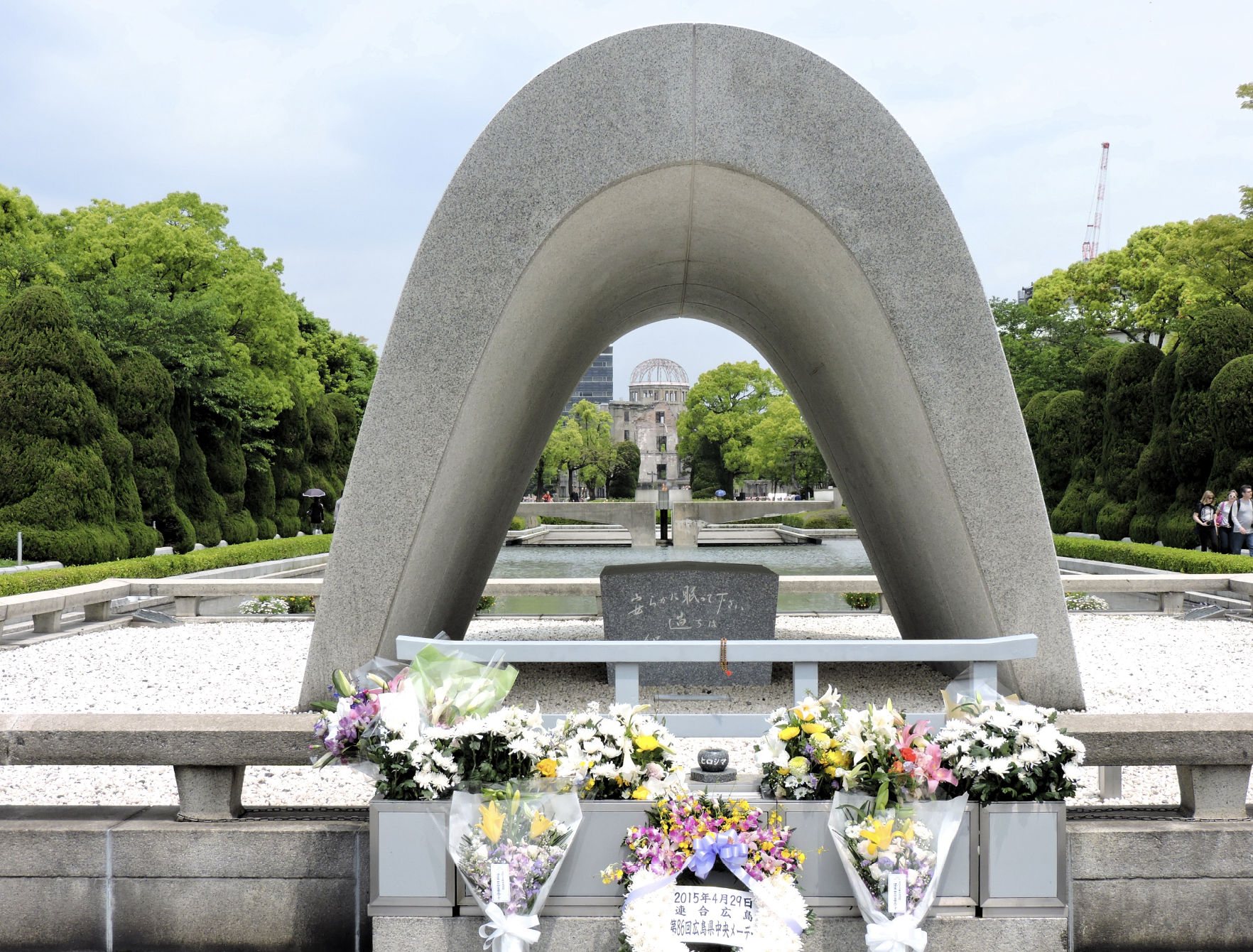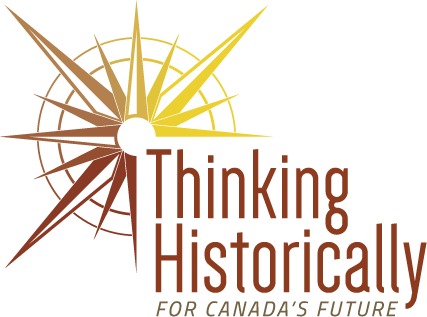Vivien Herbreteau,
History and Social Science Teacher
Vivien Herbreteau has been teaching history and social science to students in grades 7 to 12 for the past nine years, including an International Baccalaureate (IB) history course. He teaches at a school with about 500 students within the Conseil scolaire acadien provincial (CSAP) school board just outside Halifax, Nova Scotia. It is also historically the first French-language high school in the province. Vivien teaches multicultural classes made up of students from different communities.
.

École secondaire Mosaïque
Dartmouth, Nova Scotia

Teaching & Learning
The CSAP and IB history curricula allow Mr. Herbreteau to explore a broad range of historical content influenced first and foremost by the students in front of him. He likes to take a geographical approach to teaching (place-based education) to enable students to connect with the area around them. As he explains, “given that Nova Scotia was the first province to be colonized, I attach a lot of importance, in Canadian history anyway, to that part of history, because we still have remnants of it.” In Halifax, for example, there is a fortress that was built at the same time as the city to fight Louisbourg in 1749. Generally speaking, his students are familiar with this site and many have visited it at least once. Mr. Herbreteau uses places students have already been to tell their stories, so they can make these connections with his teaching.
Mr. Herbreteau is also known for his enthusiastic digressions into current events and assorted topics. When his students are interested in a certain subject, he feels it is important to address it. To Mr. Herbreteau, the most important aspect of teaching is to spark students’ curiosity. So, he takes the time to learn about topics that are of interest to his group. As he explains, “And I do that because I know that’s what they’re going to remember [and] maybe be able to explain to their friends.” Mr. Herbreteau understands that it is not so much the content of his course that students will remember, but rather the discoveries they made and the skills they developed: “It’s the critical thinking, the skills, the questions they ask. That’s what’s important.”

Teacher Training
According to Vivien Herbreteau, curiosity and a thirst for learning are core elements of a history teacher’s job: “I don’t think you can be a good history teacher if you’re not curious. It’s as simple as that. Curiosity is really what’s going to make you interesting, what’s going to provide food for thought and fuel questions, what’s going to enable you to deliver a better history course.” Born in France, he moved to Nova Scotia at the age of 11, earning his teaching degree in New Brunswick. He has also traveled to over 25 countries around the world and considers the knowledge he gained there invaluable in the classroom. As he explains, “I’ve driven on three continents. So, there’s a certain facet to that. If we’re talking about atomic bombs, I’ve seen the building above which the atomic bomb exploded in Hiroshima.” These aspects of his professional identity also influence how he interacts with students: “I try to emphasize the multicultural and international aspect of the human experience, which is history, to try to bring young people closer to other peoples, in fact.” Vivien Herbreteau also values professional development and learning throughout his career. He regularly takes university-level courses. He cultivates his passion by listening to podcasts, watching documentaries and reading anything he can get his hands on that might enrich his teaching. Given how quickly society is changing, he believes it is important to keep abreast of the latest research. He explains, for example, that “we’re living in the golden age of archaeology. We’re learning all sorts of things. For example, a new discovery is made in Egypt every week.” This is why Mr. Herbreteau is so keen to learn something new every day, and why he urges everyone to “figure out how you learn. I like to learn all sorts of things, but figure out how you learn, then keep learning.”
Co-created by Vivien Herbreteau and Melissa Daoust
